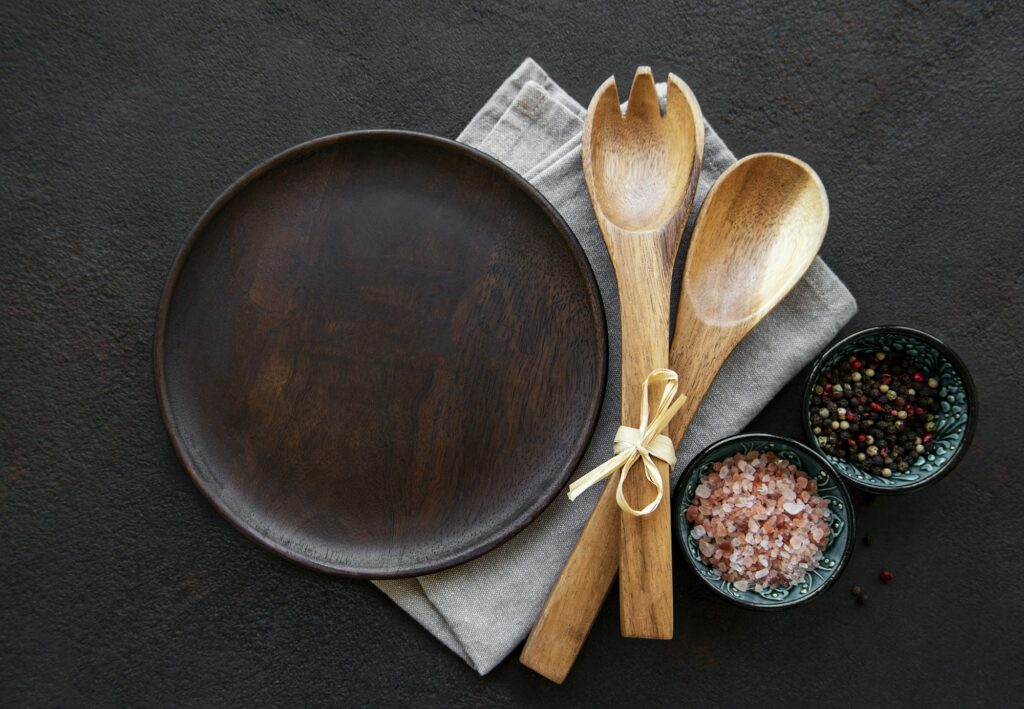In the rapidly evolving kitchenware market, distributors face multiple challenges and opportunities when partnering with manufacturers. A comprehensive understanding of key factors such as product certifications, order flexibility, delivery timelines, and support services is crucial. Here, we explore how distributors can effectively evaluate and leverage a manufacturer’s strengths, particularly when these align with stringent industry standards and consumer expectations.
Certifications: Ensuring Quality and Compliance
One of the first aspects a distributor should consider is the range of certifications a manufacturer holds. Certifications such as ISO, CE, BSCI, and FSC not only underscore a commitment to quality and ethical practices but also ensure compliance with international standards. These certifications indicate that a manufacturer is capable of meeting stringent quality controls, adheres to best practices in social responsibility, and is committed to environmental stewardship.
For instance, ISO certifications can assure distributors that the manufacturer follows a standardized process for quality management and continuous improvement. Similarly, the CE mark indicates compliance with European safety, health, and environmental protection standards, which is crucial for distributors targeting European markets.
Minimum Order Quantity and Stock Availability
A manufacturer’s minimum order quantity (MOQ) and stock availability are pivotal in determining the flexibility and responsiveness of the supply chain. A MOQ of 50 units, as offered by our company, provides a low barrier for entry for distributors, allowing them to test the market without a significant upfront investment. Moreover, the availability of ready stock that can be shipped within five days is an excellent advantage for distributors looking to maintain lean inventories and respond quickly to fluctuating market demands.
Customization and Lead Times
In a market driven by consumer preferences and seasonal trends, the ability to offer customized products is a significant plus. A turnaround time of 30 days for customized orders is competitive, enabling distributors to offer unique products that meet specific customer demands without excessive lead times. This flexibility can be a critical differentiator in a crowded market.
Returns and Sample Policies
A straightforward and generous return policy can greatly reduce the risk associated with new product lines and build trust between a manufacturer and distributor. Offering free returns and free samples is an excellent strategy to encourage distributors to try new products with confidence, fostering a proactive relationship and supporting market experimentation.
Conclusion
For distributors looking to partner with a kitchenware manufacturer, evaluating these key factors can provide a clear insight into the potential for a fruitful partnership. By understanding and leveraging the strengths of a manufacturer’s operational capabilities, certifications, and support services, distributors can better align their strategies with market needs and enhance their competitive edge.
Such partnerships that focus on quality, flexibility, and supportive policies not only ensure a robust supply chain but also contribute to sustained business growth in the dynamic global market.


